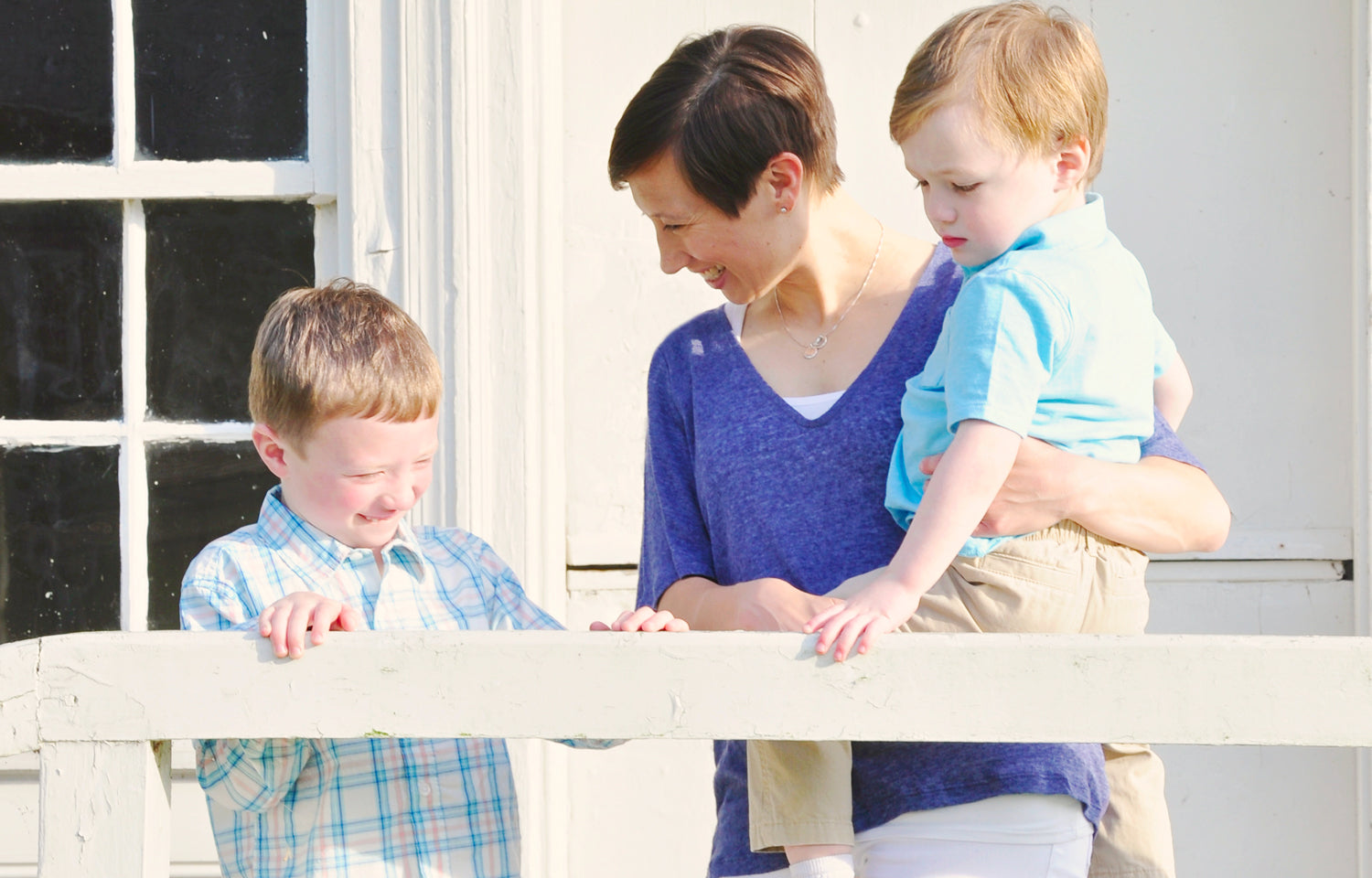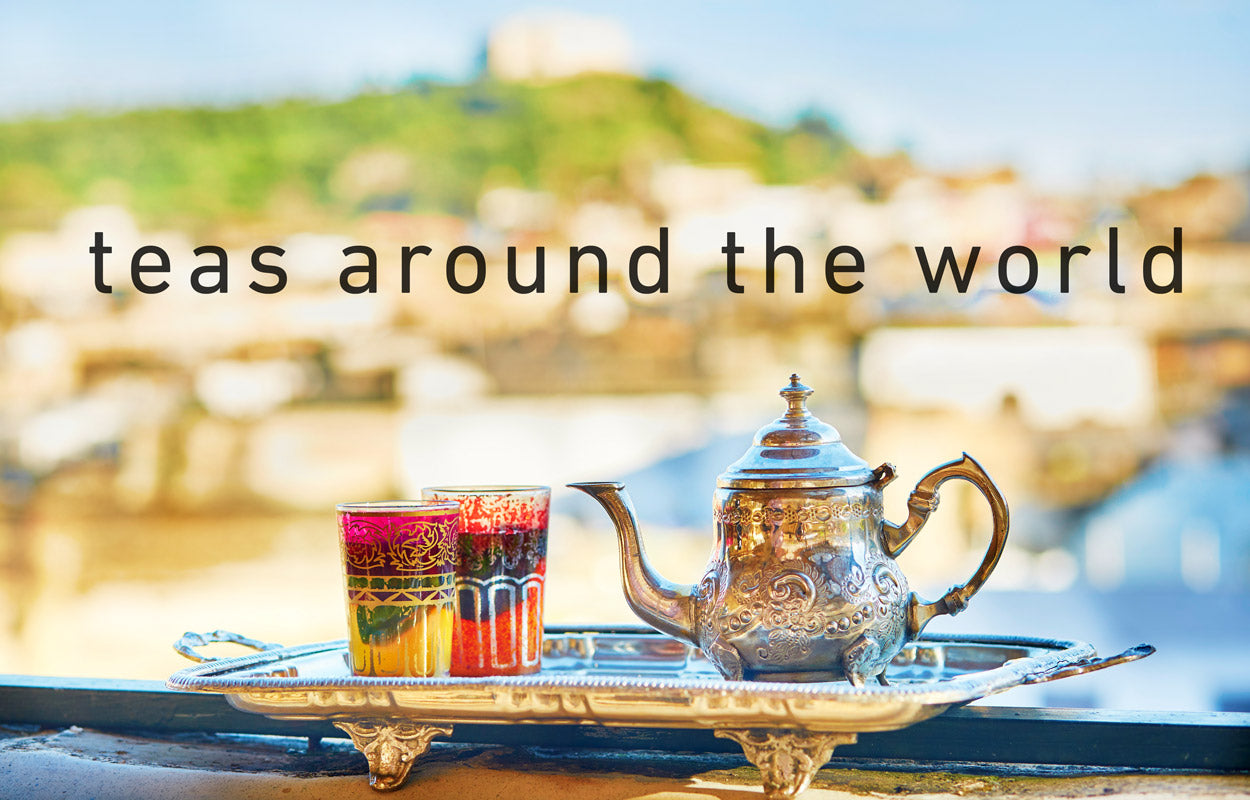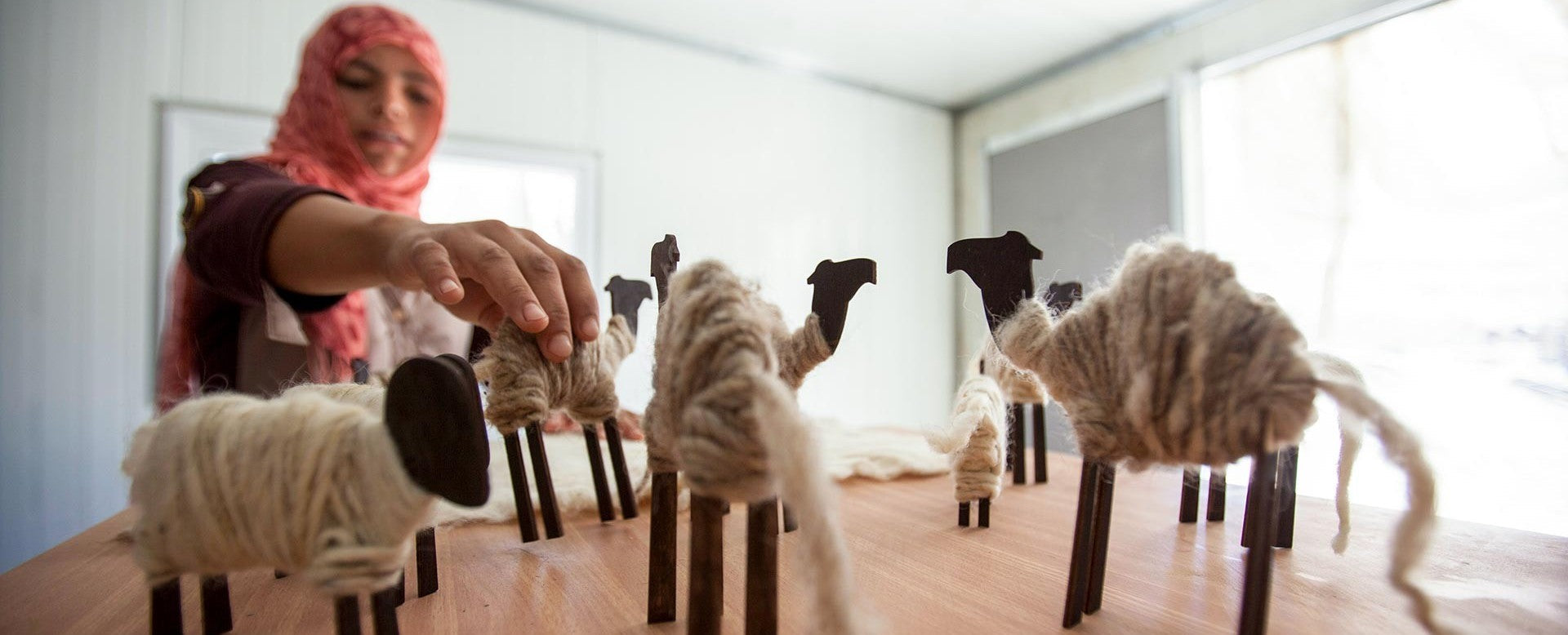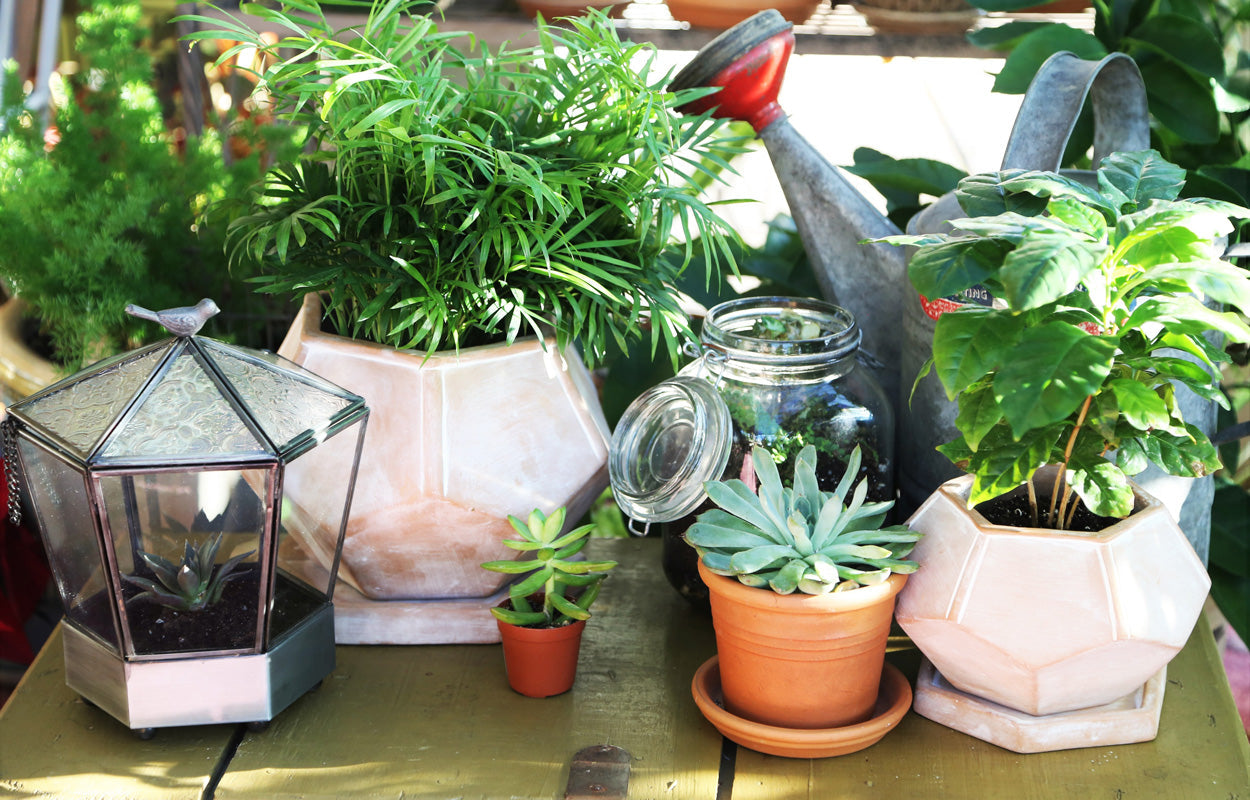A Mother’s Day Dispatch

When my boys were 4 years old and 3 months, I took them to the grocery store. I realize that this does not sound like an extraordinary feat. It happens every day in towns across America. But it’s a task I usually perform alone. Wielding a shopping cart disguised as a racecar, with a donut for the preschooler and the baby sleeping snuggled up against me in his wrap, we made it all the way to the dairy aisle. But, with infants, timing is everything. And this trip lasted 10 minutes too long. He woke hungry, fussy and squirmy. I was sweaty, uncomfortable, and panicked. As I rounded the corner toward the milk case, a jar of spaghetti sauce went sliding off the top of my cart. It shattered, and so did I. The tears scalded my cheeks and my shoulders shook with sobs, but I stood frozen, right next to the frozen vegetables. And then the angels appeared. One woman went to get me another jar of sauce. One woman went to ask for clean-up. One woman unloaded my cart onto the conveyor belt at checkout. “Oh, honey. I remember. It’s hard,” one said.
Be kind, for everyone you meet is fighting a battle you know nothing about. Yet I am certain the kindness these women showed me that day was because they did know.
For all the challenges we face, from tantrums to toddlerhood to everything I can only imagine the teen years hold, we should feel this camaraderie, every day, everywhere. Yet, we— women—have allowed ourselves to be labeled, divided. Between mothers and others, and then based on every decision we make about parenting, from eating to sleeping to working. And it is the latter that has drawn the most heated debate. The Mommy Wars, they call them. It is a conversation so fraught with peril that I hardly dare mention it for fear of misrepresentation. Moms who work outside the home. Moms who stay at home. I won’t summarize a side because, the fact is, there are millions of sides. The choice is at once purely economic and intensely personal; it is about simple facts and complicated feelings. It is an equation that looks different for different families at different times given a whole host of variables. And when the numbers say one thing and your heart says another; it’s a gut call to do what’s best. To simply assign families—and more specifically women (because let’s face it, this conversation doesn’t happen about fathers)—to one camp or another and then judge their choice is irresponsible and unfair.

It is also a luxury. Let me be clear, the luxury is not about having to work or not for financial reasons. The luxury is that we have the opportunity to work. The luxury is the education, the availability of child care, the standards for health and safety. And the actual job itself.
This is the bigger picture, and my sense of it is gained through what I have learned about fair trade at Ten Thousand Villages.

We are a two-income family. And my family’s life would look different with only one. But my children would still go to school and their bellies would still be full. But in many, many parts of the world, this is not the case.
The mamas in Bangladesh and Zimbabwe and Guatemala do not love their sweet babies any less than I love mine. They want the same things for their precious children that I dream of for mine: for them to be healthy, to be happy, to be confident, to know that they can grow up to be anything they want to be. But poverty makes it a whole lot harder for those hopes to float.

That is why providing economic opportunities for women is a key strategy for creating real and lasting change in developing countries. In countries where gender inequality is a cultural norm, a woman’s ability to earn an income strengthens her position in the community. The wages a woman earns through fair trade are often the family’s most reliable source of income—and this income might well make the difference in the ability to pay school fees and educate children. A woman’s employment becomes the turning point for her family’s future.

In Laos, women weave silk on looms the same way their grandmothers and their grandmother’s grandmothers did, with their babies sleeping in a sling at arm’s reach. But now there is a fair trade market for this craft, and a sustainable livelihood has given women economic power, raising their status in society, giving them – giving their daughters – a voice.

In Ahmedabad, India, women create the most remarkable embroidery in their homes, a few hours at a time, as they prepare meals, and tend to their young children. The income they earn will send these children to school. A generation of this needlework has already educated engineers and nurses. And in New Delhi, women sit comfortably in a workshop, stringing beautiful beads, assured that their school-age children are learning (and laughing), not at work in a factory themselves.

In baskets, earning money that helps them make sure that their children have three nutritious meals each day. Outside of fair trade, the opportunities for employment in Bangladesh are located in crowded urban areas, and are, at best, unregulated and often dangerous factory work.

It is different work than I do. But in the family images that our artisan partners proudly share with us, I see the wide-eyed wonder of a toddler, and the impish smirk of a first grader, and I know that the similarities of our experiences— what anchors our days and fills our hearts—outweigh the differences.

So to my sisters here, to my sisters everywhere, whether we are mothers ourselves or not, we can all share this: in honor of our own mothers, let’s remember that we are all working. Period. At something. And, if we are doing it right, it is hard. And if we are doing it right, there is joy.
There will be battles. About pants and shirts that match (or are even seasonally appropriate). About broccoli. About baths and bedtimes.
But let’s vow to save our best fight so that we can fight together, for the things worth fighting for.
For kindness. For dignity. For respect. For all.
The wise words my own mother has shared with me come to mind: Pick your battles and decide which hills you want to die on.
On kindness, on dignity, on respect, for all, I will plant a flag and stand my ground. Those are the battles we all know something about.







Comments